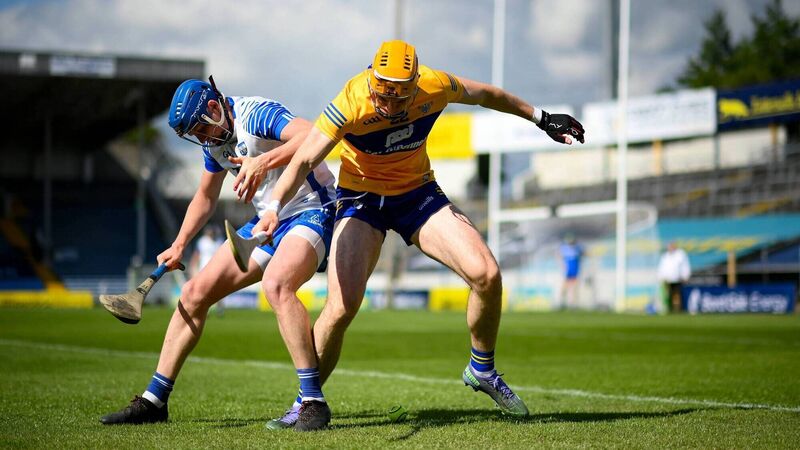Michael Moynihan: Why I don't make predictions

Waterford’s Austin Gleeson battles Clare’s David Fitzgerald for possession in yesterday’s Munster SHC quarter-final at Semple Stadium. Picture: Stephen McCarthy/Sportsfile
Try from €1.50 / week
SUBSCRIBE
Waterford’s Austin Gleeson battles Clare’s David Fitzgerald for possession in yesterday’s Munster SHC quarter-final at Semple Stadium. Picture: Stephen McCarthy/Sportsfile
The arrival of the intercounty championships has a lot to recommend it — events, content, personalities, distraction — but not everything is bathed in a warm glow.
Last week, for instance, a pal asked me about Waterford versus Clare.
Already a subscriber? Sign in
You have reached your article limit.
Annual €130 €80
Best value
Monthly €12€6 / month
Introductory offers for new customers. Annual billed once for first year. Renews at €130. Monthly initial discount (first 3 months) billed monthly, then €12 a month. Ts&Cs apply.
Newsletter
Latest news from the world of sport, along with the best in opinion from our outstanding team of sports writers. and reporters
Newsletter
Latest news from the world of sport, along with the best in opinion from our outstanding team of sports writers. and reporters
Monday, February 9, 2026 - 12:00 PM
Monday, February 9, 2026 - 6:00 AM
Monday, February 9, 2026 - 8:00 AM
© Examiner Echo Group Limited